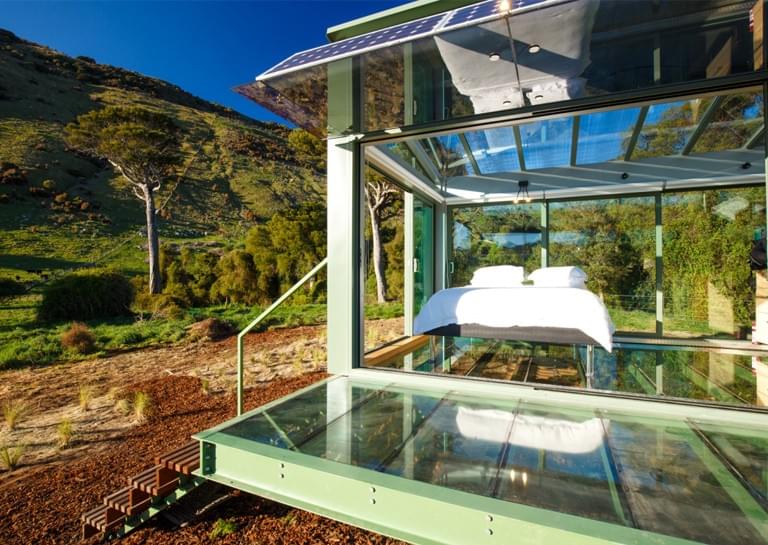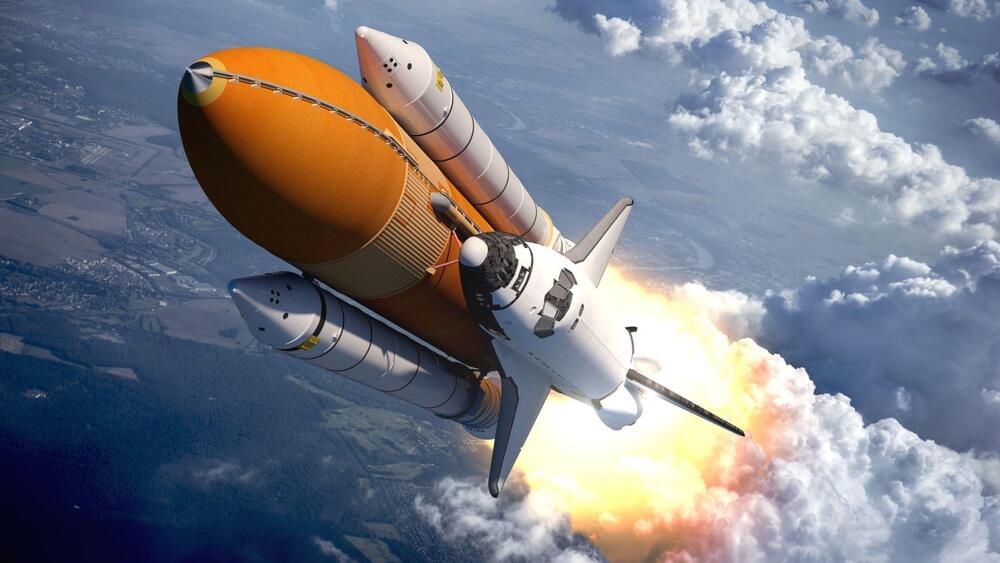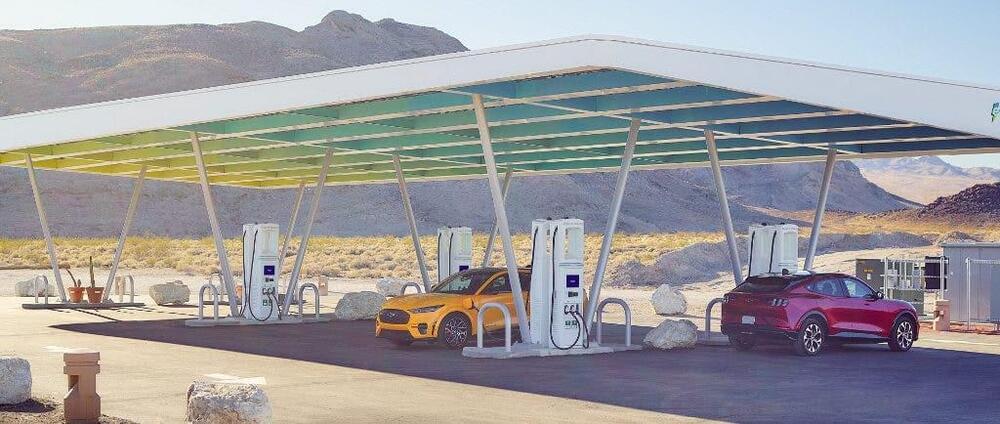
Get the latest international news and world events from around the world.





This Gates-Backed Startup Builds Modular Homes Out of Energy-Efficient Panels
Companies specializing in cutting-edge construction techniques are aiming to make a difference by churning out high-quality homes at a lower cost than traditional industry standards. Among these are 3D printed homes, “foldable” homes, and homes that ship in kits then are assembled like Ikea furniture.
Now a new player is joining the list, and it just got a serious financial boost. Vantem Global has already helped construct a total of over three million square feet of living space in six different countries, and earlier this month closed a Series A funding round co-led by Breakthrough Energy Ventures (Breakthrough was founded by Bill Gates in 2015 to invest in sustainable energy and emissions-reduction technologies).
Vantem’s energy-efficient prefabricated homes are made of structural panels. The panels were designed as a replacement for brick and cement, which are expensive, difficult to make, and heavy on emissions. Each panel consists of an insulating layer sandwiched by tiles made of a cement-like material. Since the panels are more similar to cement than wood or plastic are, they’re more likely to be positively perceived by customers who are used to cement (as many in Latin America are, where Vantem has thus far focused most of its construction).

Exceeding 100 percent quantum efficiency in the photocurrent of a hybrid inorganic-organic semiconductor
Tiny crystals, known as quantum dots, have enabled an international team to achieve a quantum efficiency exceeding 100 percent in the photocurrent generated in a hybrid inorganic-organic semiconductor.
Perovskites are exciting semiconductors for light-harvesting applications and have already shown some impressive performances in solar cells. But improvements in photo-conversion efficiency are necessary to take this technology to a broader market.
Light comes in packets of energy known as photons. When a semiconductor absorbs a photon, the electromagnetic energy is transferred to a negatively charged electron and its positively charged counterpart, known as a hole. An electric field can sweep these particles in opposite directions, thereby allowing a current to flow. This is the basic operation of a solar cell. It might sound simple, but optimizing the quantum efficiency, or getting as many electron-hole pairs from the incoming photons as possible, has been a long-standing goal.


Heat Pumps Prove Themselves During A Harsh Maine Winter
The state of Maine has started a campaign to educate residents about heat pumps and now they can heat homes even in the winter.
Heat pumps are i ncomprehensible to many people. How can a thing that looks like an air conditioner keep people warm in the winter? The state of Maine wants to install 100,000 heat pumps in the next 3 years and is off to a good start. 27,000 of them were installed by Maine residents last year. Presently, about 60% of all homes in Maine are heated by oil furnaces — one of the highest percentages in America. All those furnaces mean lots of carbon emissions.
Maine may not have the harshest winters in the United States, but it certainly comes close. Old time Mainers like to say their weather is “10 months of winter and 2 months of damn poor sleddin’.” Outside of cities like Portland, its residents tend to be skeptical of new ways of doing things, and that reticence extends to heat pumps.
To address those concerns, Efficiency Maine conducted an experiment last winter to see if heat pumps would keep homes in Maine comfortable even when temperatures outside dipped to-20º F. Lots of people who have heat pumps today also have an oil furnace as well, on the theory that a heat pump can’t make heat when the temperature drops below zero.

What Are States Planning To Do With Federal EV Charging Funds?
State plans for the National EV Charging Infrastructure (NEVI) Formula Program were due to the Joint Office of Energy and Transportation this week, and many states released a draft plan for feedback in the last couple of months. The NEVI Program is one of two programs in the Bipartisan Infrastructure Law that provide funding for publicly-accessible electric vehicle (EV) charging infrastructure. Program funds can be used to plan for, install, operate, and maintain EV charging stations along travel corridors, with a focus on designated Alternative Fuel Corridors. Funding under the NEVI program totals $5 billion from 2022 through 2026. Funds will be allocated to states each year for implementation based on a pre-established formula, provided the departments of transportation in those states submit a satisfactory EV charging plan to the Joint Office, with updates to the plan required annually.
So what’s in the draft plans?
I pulled a few draft plans to look at as a starting point, aiming for a cross section of states in different regions, with different politics, with different economic stakes in the EV transition, at different places in EV adoption, with different weather. I couldn’t get quite the representative cross section I wanted because there are still big gaps in which states have released a draft plan. I decided to start with Alabama, California, Texas, and Wyoming.